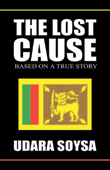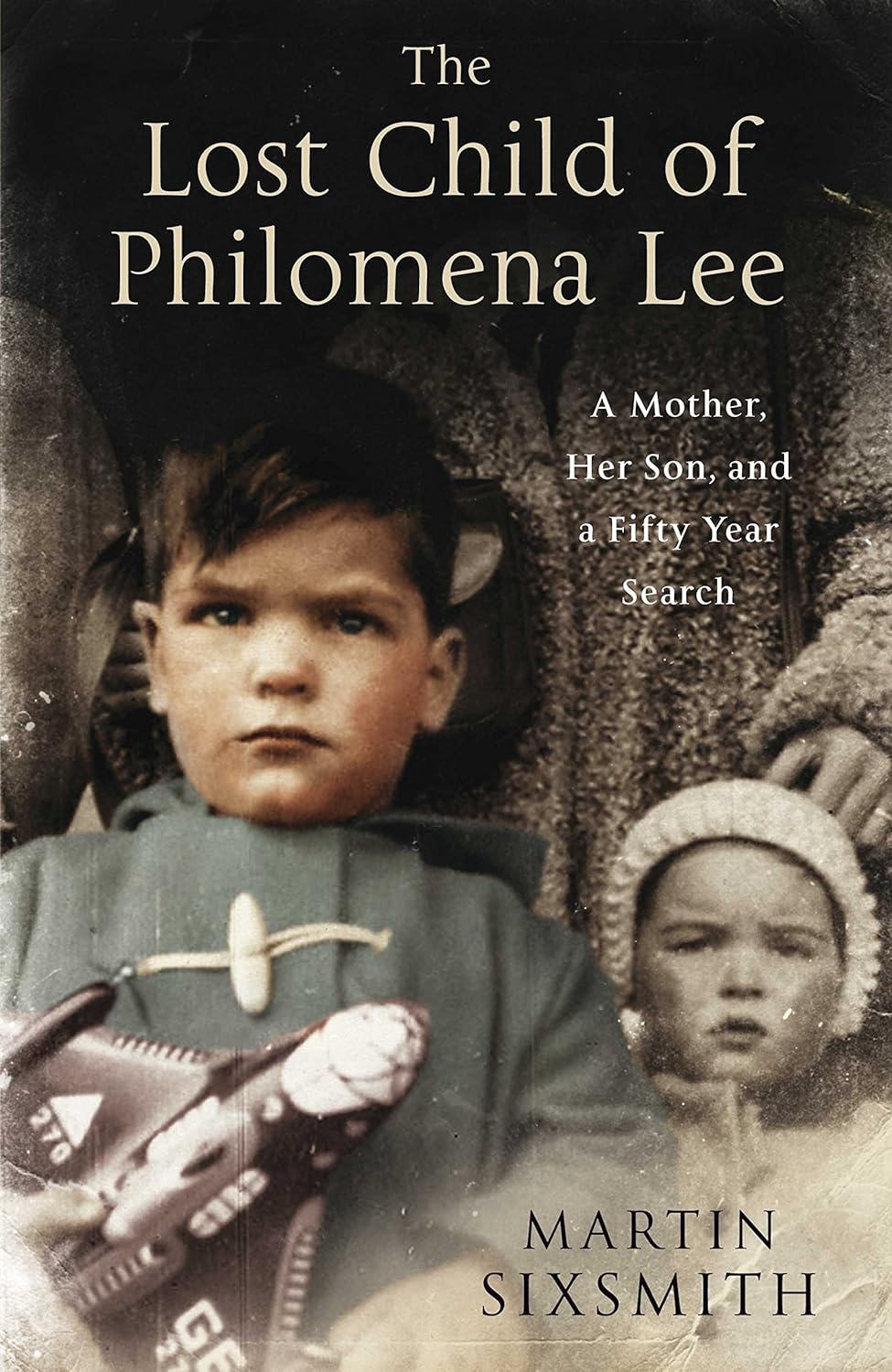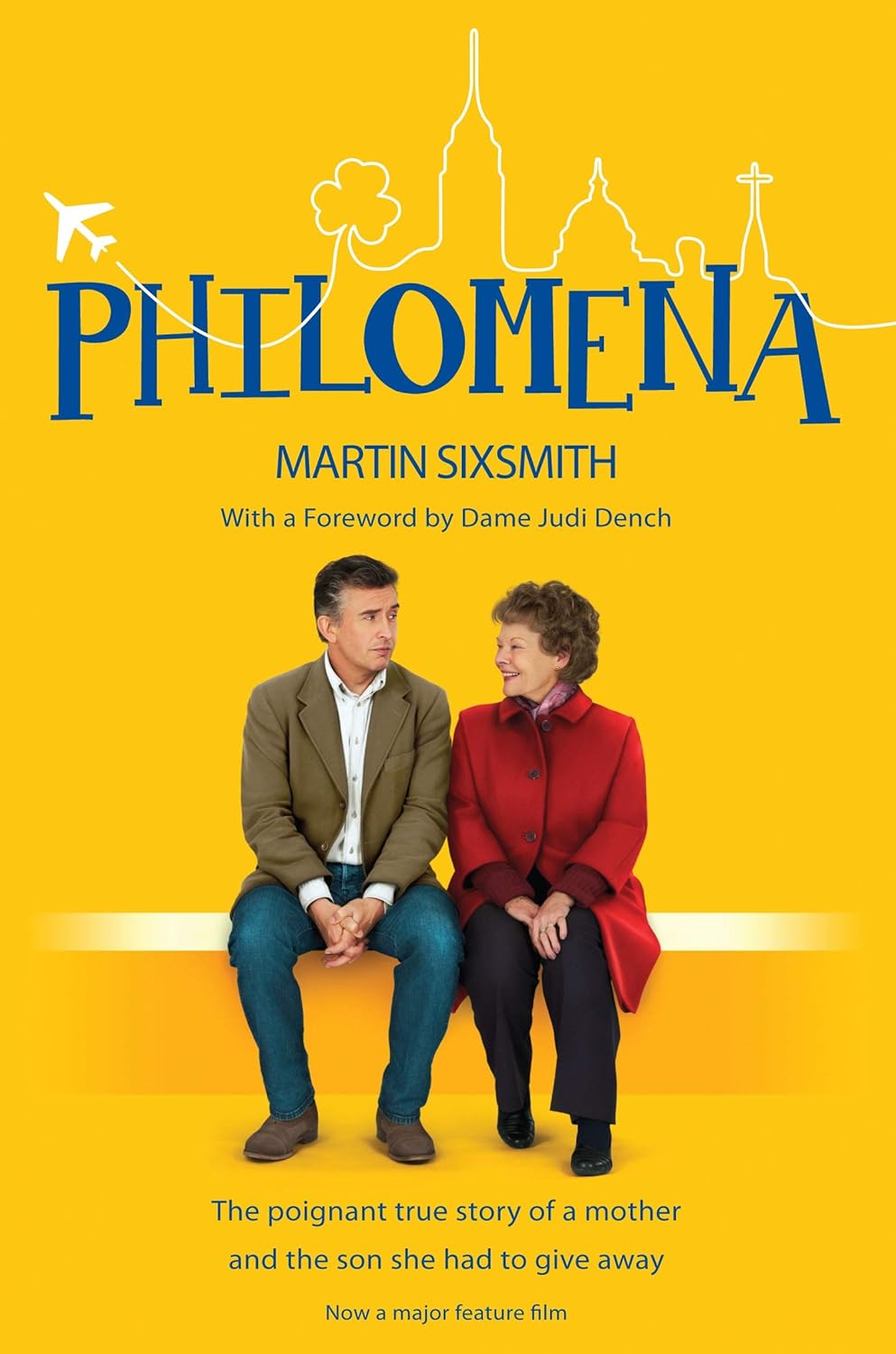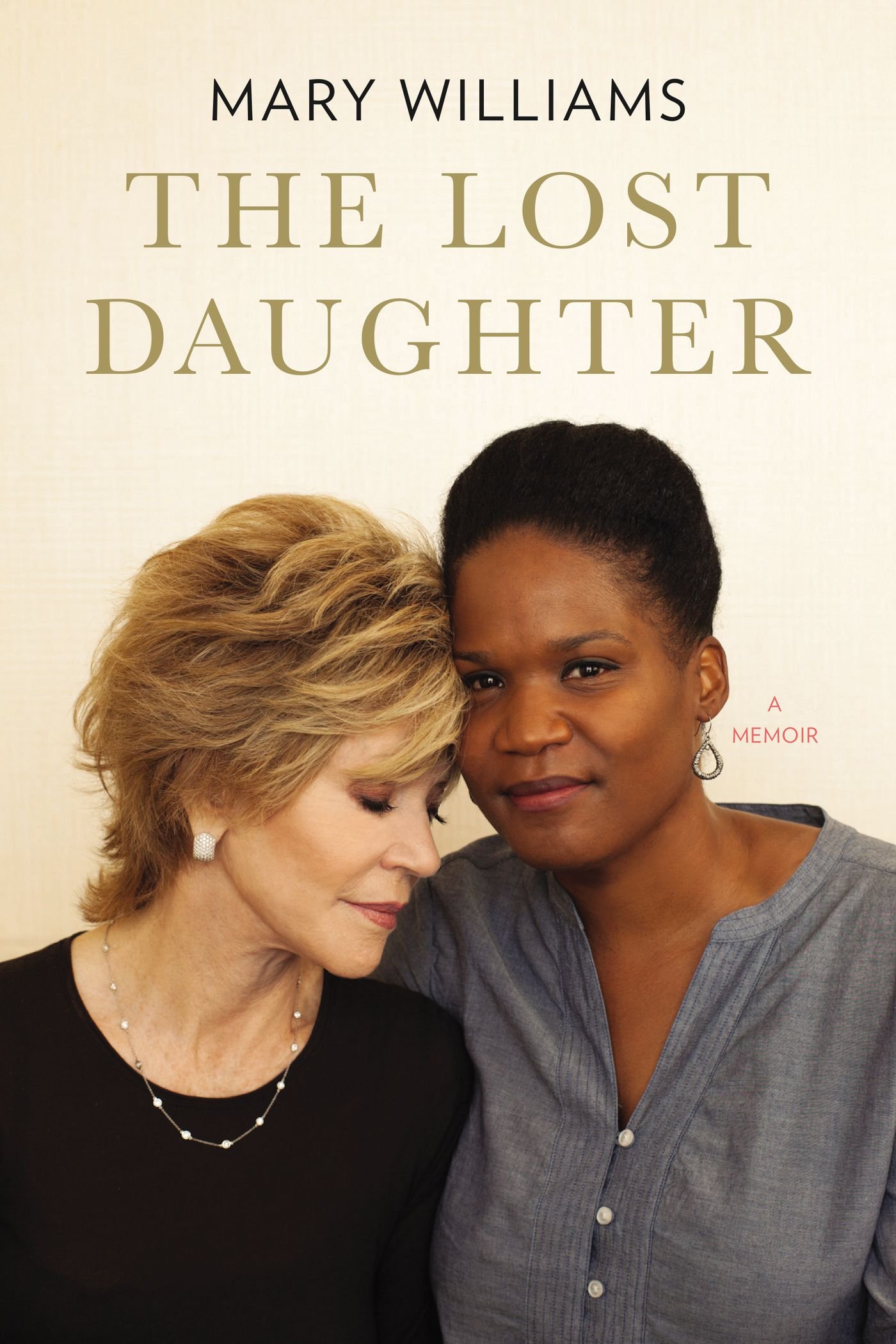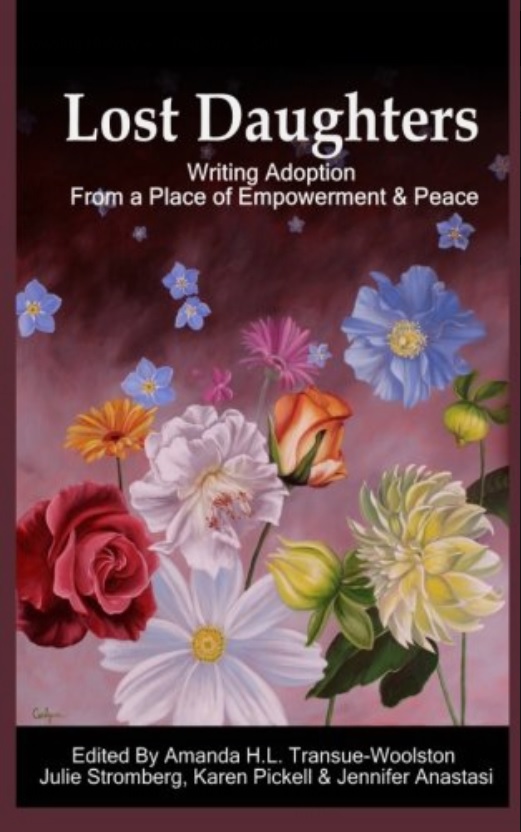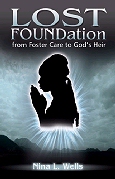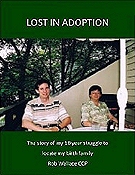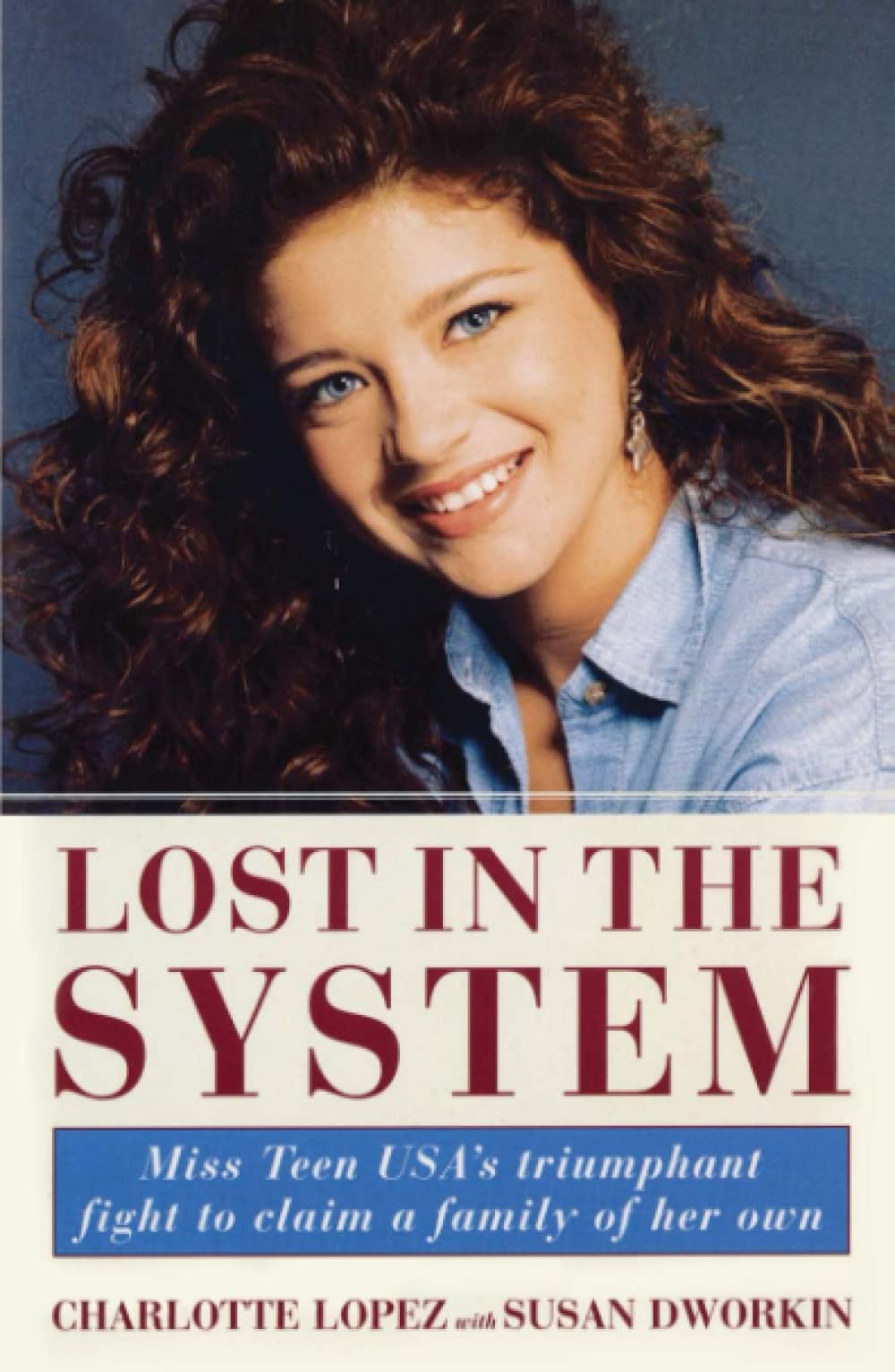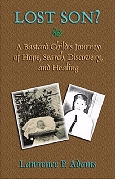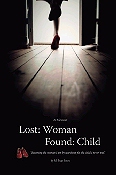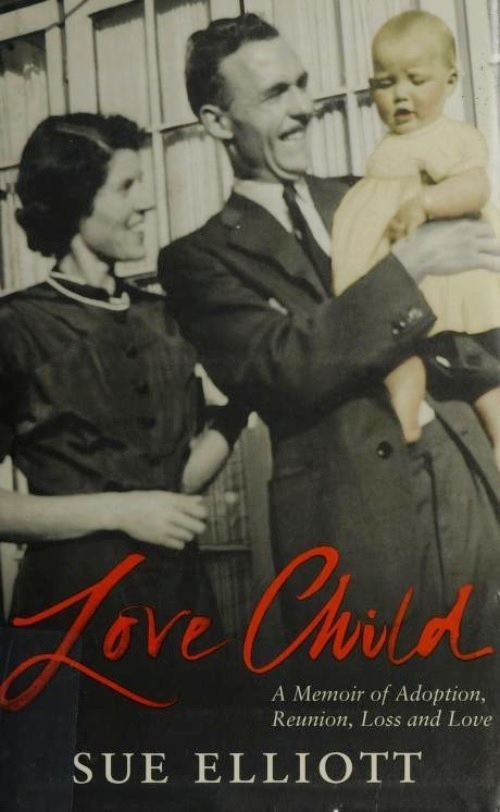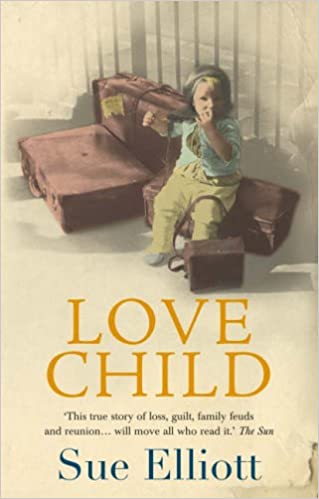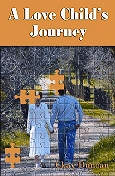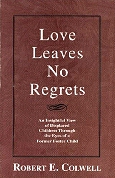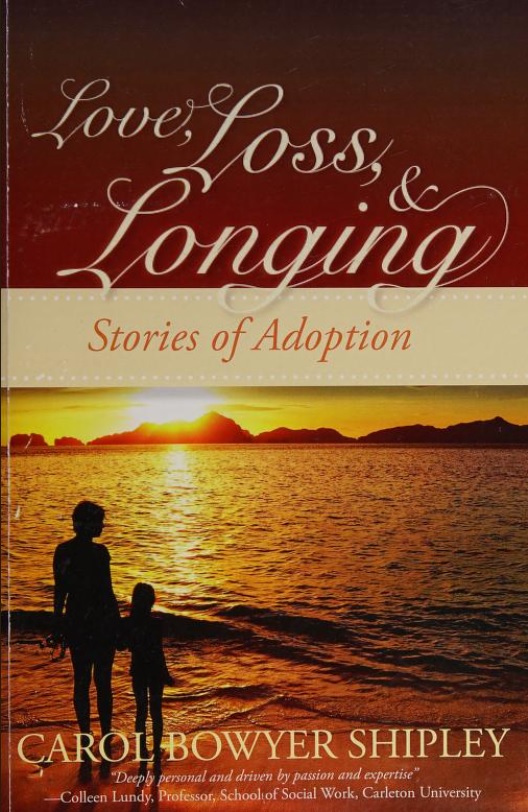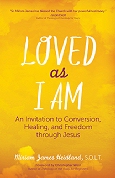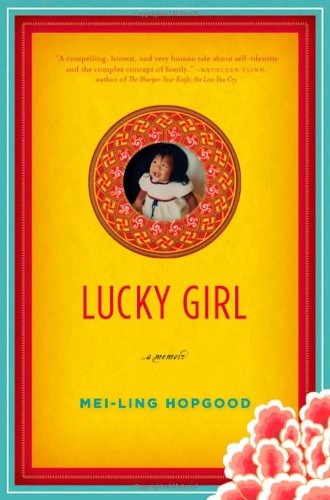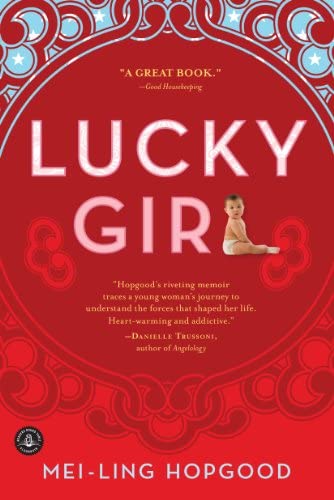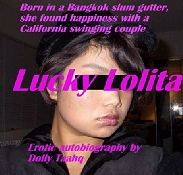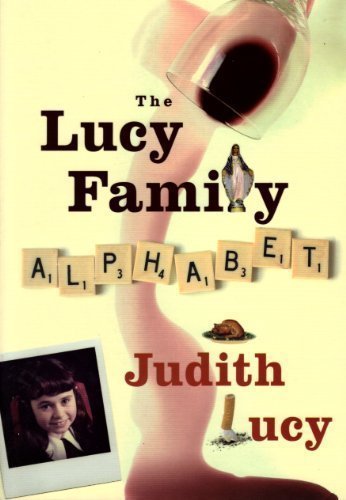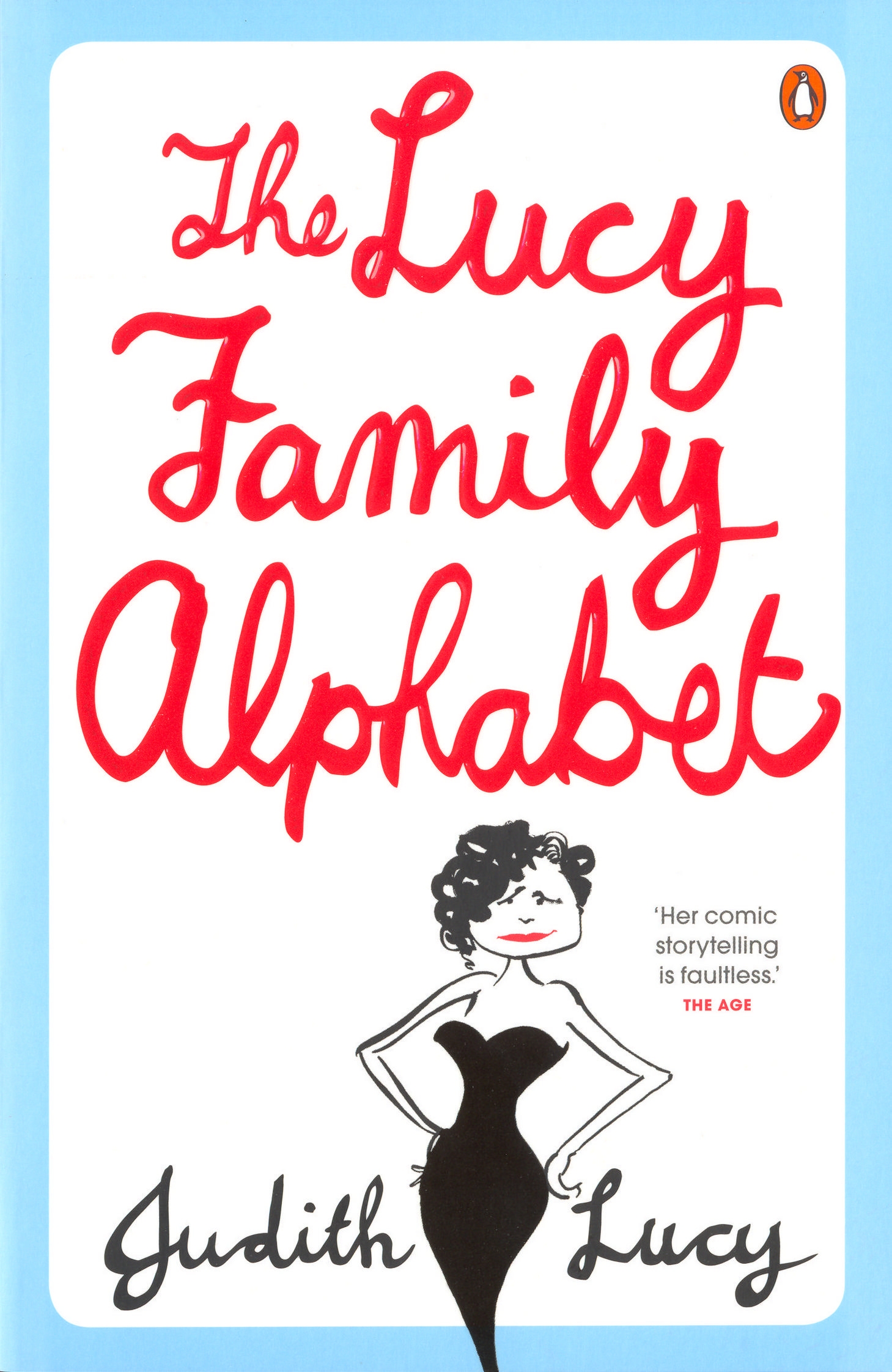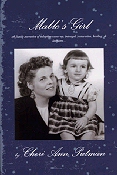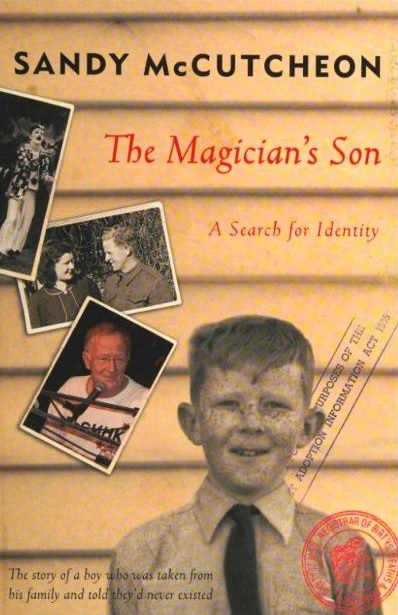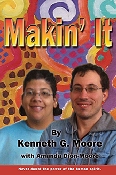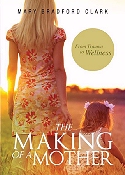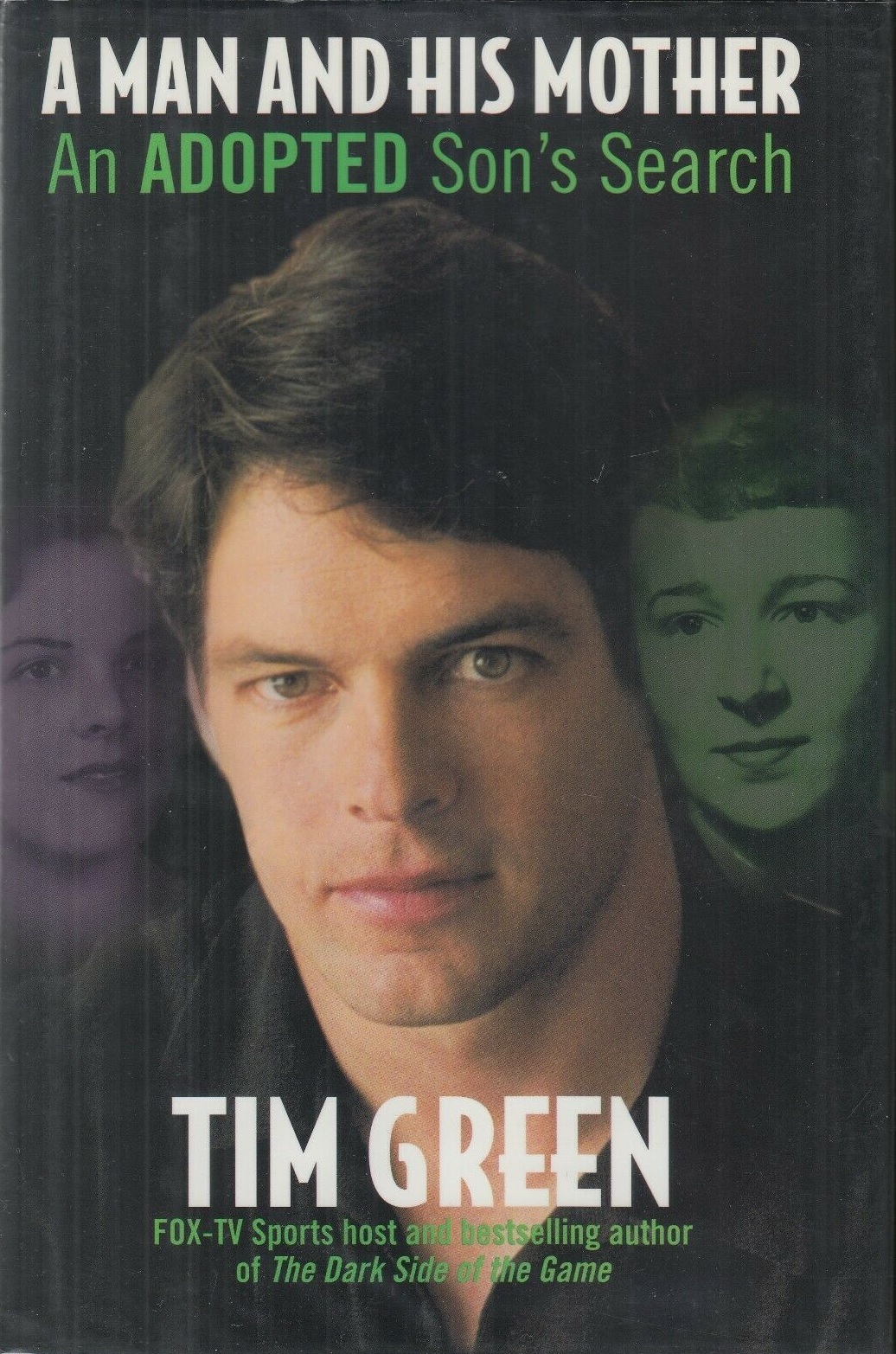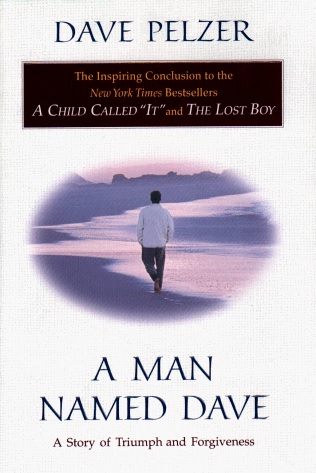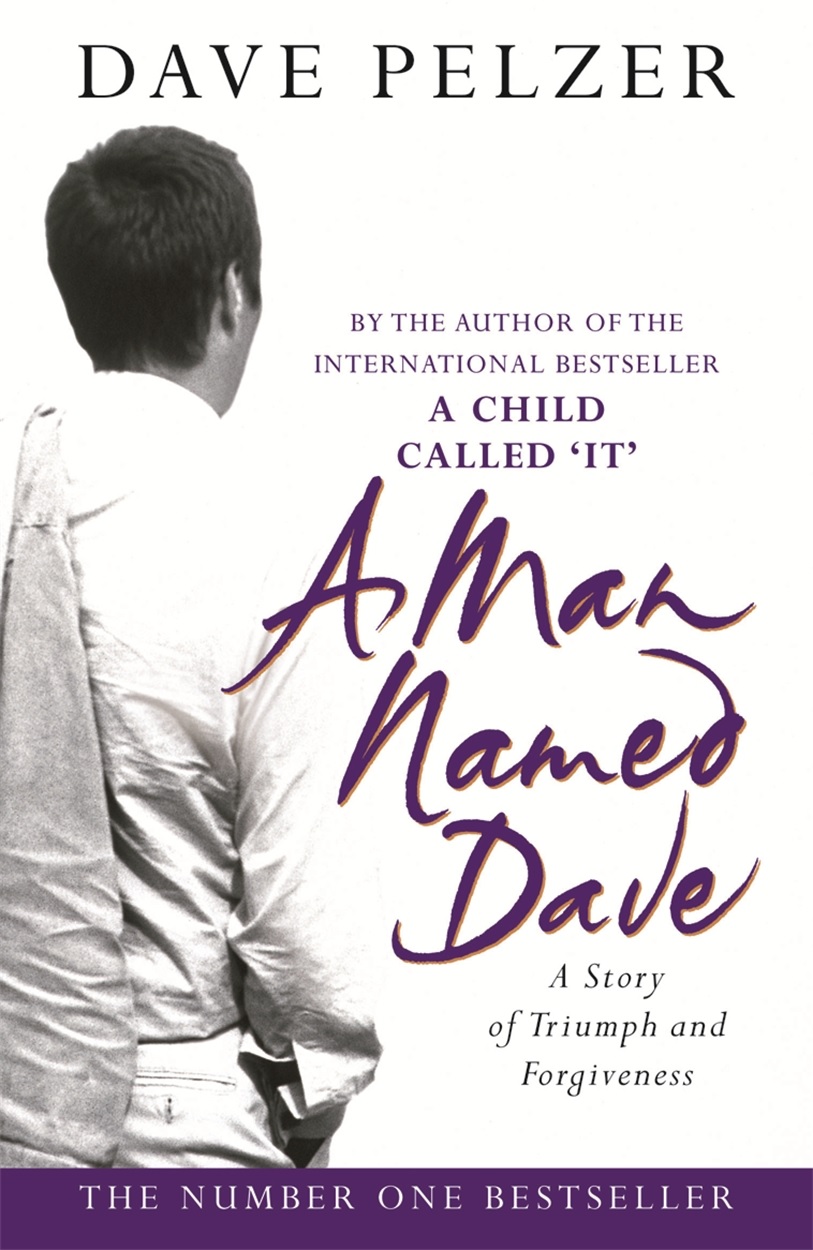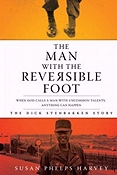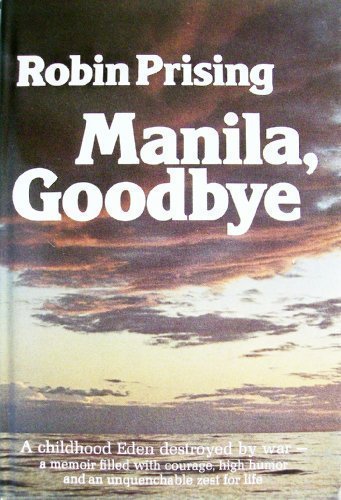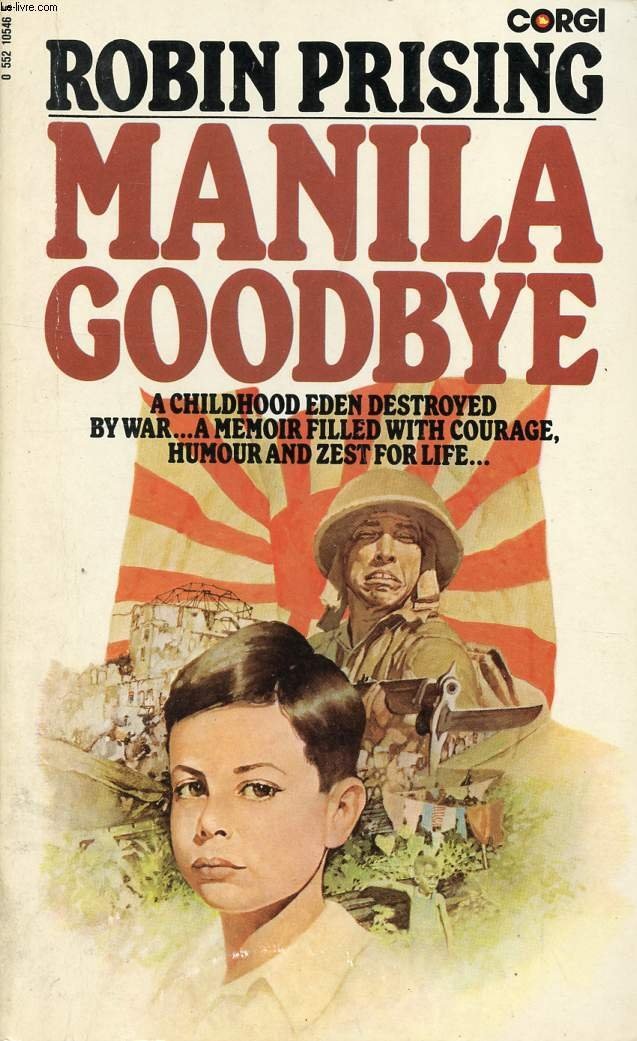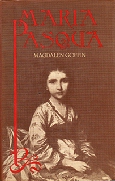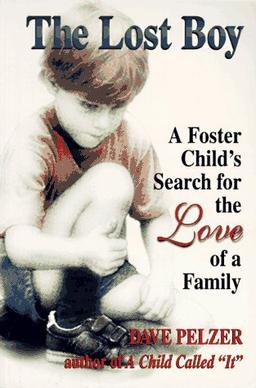 |
|
 |
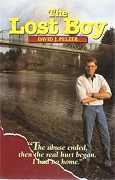 |
About the Author: A retired Air Force crew member, Dave Pelzer played a major role in Operations Just cause, Desert Shield and Desert Storm. Dave was selected for the unique task of midair refueling of the then highly secretive SR-71 Blackbird and F-117 Stealth Fighter. While serving in the Air Force, Dave worked in juvenile hall and other programs involving “youth at risk” throughout California.
Dave’s exceptional accomplishments include personal commendations from former Presidents Ronald Reagan and George Bush. While maintaining a rigorous, active-duty flight schedule, Dave was the recipient of the 1990 J.C. Penney Golden Rule Award, making him the California Volunteer of the Year. In 1993 Dave was honored as one of the Ten Outstanding Young Americans (TOYA), joining a distinguished group of alumni that includes Chuck Yeager, Christopher Reeve, Anne Bancroft, John F. Kennedy, Orson Welles and Walt Disney. In 1994 Dave was the only American to be selected as one of The Outstanding Young Persons of the World (TOYP), for his efforts involving child abuse awareness and prevention, as well as for instilling resilience in others. During the Centennial Olympic games, Dave was a torchbearer, carrying the coveted flame.
Dave is currently working on a book based on overcoming obstacles and achieving one’s innermost best, and recently published the third part of his trilogy, entitled, A Man Named Dave.
When not on the road or with his son, Stephen, Dave lives a quiet life in Rancho Mirage, California, with his wife and box turtle named Chuck.
By the Same Author: A Child Called “It”: An Abused Child’s Journey from Victim to Victor (1993) and A Man Named Dave: A Story of Triumph and Forgiveness (1999, Dutton), the first and final volumes in Mr. Pelzer’s autobiographical trilogy; Help Yourself: Celebrating the Daily Rewards of Resilience and Gratitude (2000, Dutton), a self-help book based upon his experiences and life lessons; and The Privilege of Youth: A Teenager’s Story of Longing for Acceptance and Friendship (2004, Dutton), the story of Mr. Pelzer’s adolescence.
